 SALPRESS
SALPRESS 
SOMOS AGENCIA
NOTICIOSA
DEL PROLETARIADO
PERIODISMO
REVOLUCIONARIO.
NUESTRO PUNTO DE VISTA SOCIALISTA :
NUESTRO DEBER ES LA SOLIDARIDAD SOCIALISTA
CON TODOS LOS PUEBLOS DEL MUNDO
QUE LUCHAN POR SU LIBERACION DEFINITIVA
CON VISION EN EL CAMPO DEL SOCIALISMO
POR ESTO CATEGORICAMENTE APOYAMOS
- EL ANTI CAPITALISMO.
- EL ANTI IMPERIALISMO.
LA VIA DE LOS PROCESOS REVOLUCIONARIOS
LA REVOLUCION PROLETARIA
POPULAR HACIA EL SOCIALISMO
EN LA PRESENTE EPOCA DE EL IMPERIALISMO
Y DE LAS REVOLUCIONES PROLETARIAS
CON EL MARXISMO LENINISMO REVOLUCIONARIO
PENSAMIENTO SALVADOR CAYETANO CARPIO
COMANDANTE SOLO HAY UNO,MARCIAL !
LUCHANDO CONTRA LAS VIEJAS IDEAS
BURGUESAS CONTRARREVOLUCIONARIAS
SOMOS AGENCIA
NOTICIOSA
DEL PROLETARIADO
PERIODISMO
REVOLUCIONARIO.
NUESTRO PUNTO DE VISTA SOCIALISTA :
NUESTRO DEBER ES LA SOLIDARIDAD SOCIALISTA
CON TODOS LOS PUEBLOS DEL MUNDO
QUE LUCHAN POR SU LIBERACION DEFINITIVA
CON VISION EN EL CAMPO DEL SOCIALISMO
POR ESTO CATEGORICAMENTE APOYAMOS
- EL ANTI CAPITALISMO.
- EL ANTI IMPERIALISMO.
LA VIA DE LOS PROCESOS REVOLUCIONARIOS
LA REVOLUCION PROLETARIA
POPULAR HACIA EL SOCIALISMO
EN LA PRESENTE EPOCA DE EL IMPERIALISMO
Y DE LAS REVOLUCIONES PROLETARIAS
CON EL MARXISMO LENINISMO REVOLUCIONARIO
PENSAMIENTO SALVADOR CAYETANO CARPIO
COMANDANTE SOLO HAY UNO,MARCIAL !
LUCHANDO CONTRA LAS VIEJAS IDEAS
BURGUESAS CONTRARREVOLUCIONARIAS
NUESTRO DEBER ES LA SOLIDARIDAD SOCIALISTA
CON TODOS LOS PUEBLOS DEL MUNDO
QUE LUCHAN POR SU LIBERACION DEFINITIVA
CON VISION EN EL CAMPO DEL SOCIALISMO
POR ESTO CATEGORICAMENTE APOYAMOS
- EL ANTI CAPITALISMO.
- EL ANTI IMPERIALISMO.
LA VIA DE LOS PROCESOS REVOLUCIONARIOS
LA REVOLUCION PROLETARIA
POPULAR HACIA EL SOCIALISMO
EN LA PRESENTE EPOCA DE EL IMPERIALISMO
Y DE LAS REVOLUCIONES PROLETARIAS
CON EL MARXISMO LENINISMO REVOLUCIONARIO
PENSAMIENTO SALVADOR CAYETANO CARPIO
COMANDANTE SOLO HAY UNO,MARCIAL !
LUCHANDO CONTRA LAS VIEJAS IDEAS
BURGUESAS CONTRARREVOLUCIONARIAS
Nuestro Internacionalismo Proletario
Con El Movimiento Revolucionario
SALPRESS IS SOCIALISM
HUMAN PRACTICE
IS PROLETARIAT
INTERNATIONALISM
IN SOLIDARITY
WITH THE
FIRST NATIONS PEOPLE'S
IN CANADA
CAPITALIST COUNTRY
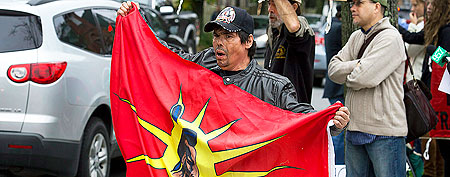
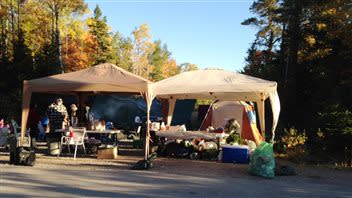


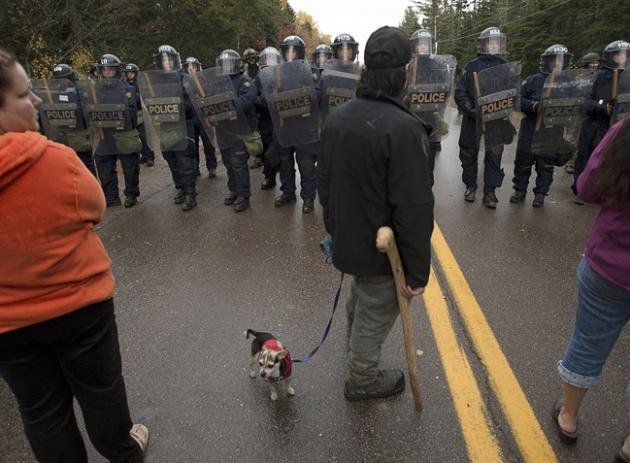

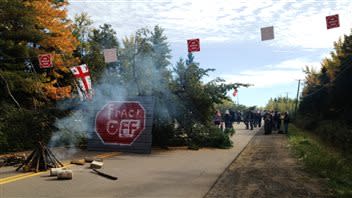
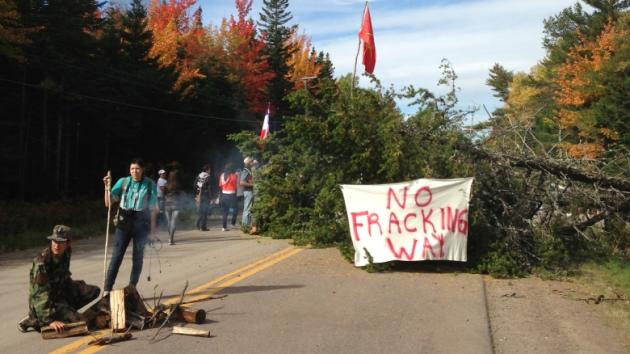
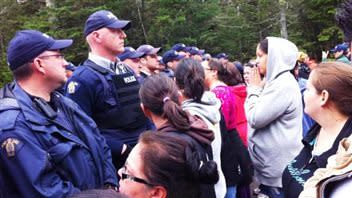

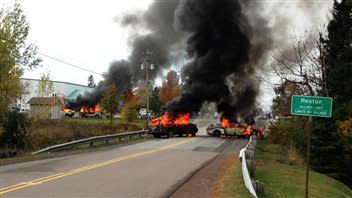


N.B. clash, UN investigator’s visit highlight Canada’s chronic inability to solve aboriginal problems
By Steve Mertl | Daily Brew – 9 hours ago
It hasn't been a good week for Canada and its aboriginal peoples.
The United Nations special rapporteur on the rights of indigenous people wrapped up a nine-day visit at the behest of aboriginal peoples and came to the inevitable conclusion that the country is failing First Nations.
"Canada consistently ranks among the top of countries in respect to human development standards, and yet amidst this wealth and prosperity, aboriginal people live in conditions akin to those in countries that rank much lower and in which poverty abounds," Joseph Anaya said Tuesday, according to CTV News.
The week ended explosively in a clash between aboriginal protesters in New Brunswick clashing with RCMP officers and torching police cars as the Mounties tried to break up a blockade aimed at stopping testing for natural gas-fracking exploration, which they see as an environmental threat.
Dozens were arrested for violating the court injunction against the blockade, as well as firearms charges, making threats and intimidation.
“I knew it was going to come to this because the government doesn’t want to listen to the people,” Elsipogtog First Nation member Donald Sanipass told The Canadian Press. “They didn’t handle this right at all.”
What makes us as a country incapable of finding a way to put First Nations on an equal economic footing with the rest of us while accommodating the wish of many of them to maintain what they consider essential elements of their culture and way of life?
Residential schools, reserves that wouldn't look out of place in a third-world backwater, ineffectual band governments, and an ossified bureaucracy administering the an Indian Act whose core elements date back to 1876. We don't seem to be getting it right.
Some First Nations have been able to find their economic footing, either by leveraging resource rights or building job-creating businesses. But many, especially those in northern Canada, are pathetic hollowed-out communities riven by rampant drug and alcohol abuse, violence and suicide.
Canadians probably don't need a UN investigator to tell them all this. But most of us seem jaded after decades of numbingly identical news stories and statistics.
Anaya, in a statement at the conclusion of his visit, said Canada was one of the first countries to extend constitutional protection to its indigenous peoples' rights. He noted it has dealt with some issues raised when his predecessor toured the country a decade ago, including dealing with gender disparities in the Indian Act and working to repair the damage from past injustices, such as residential schools.
"But despite positive steps, daunting challenges remain," said Anaya, who teaches human-rights law at the University of Arizona. "From all I have learned, I can only conclude that Canada faces a crisis when it comes to the situation of indigenous peoples of the country.
"The well-being gap between aboriginal and non-aboriginal people in Canada has not narrowed over the last several years, treaty and aboriginals claims remain persistently unresolved, and overall there appear to be high levels of distrust among aboriginal peoples toward government at both the federal and provincial levels."
One in five aboriginal Canadians live in homes in need of serious repair, often overcrowded and contaminated with mould. The suicide rate among Inuit and First Nations youth on reserves is five times higher than other Canadians.
"One community I visited has suffered a suicide every six weeks since the start of this year," Anaya noted. "Aboriginal women are eight times more likely to be murdered than non-indigenous women and indigenous peoples face disproportionately high incarceration rates."
No one denies these things; it's just that fingers point in different directions when it comes to assigning responsibility. Some blame the legacy of government paternalism and the fracturing of aboriginal culture through attempts at forced assimilation, others to incompetent First Nations leadership.
Anaya, who will issue a final report next September, acknowledged Canada is trying to tackle the problems but the focus is not strong enough.
"Aboriginal peoples’ concerns and well-being merit higher priority at all levels and within all branches of Government, and across all departments," he said.
"Concerted measures, based on mutual understanding and real partnership with aboriginal peoples, through their own representative institutions, are vital to the long-term resolution of these issues."
Critics blame mistrust between First Nations and the Conservative government.
“We are nowhere closer to reconciliation or improving or resetting the relationship,” Carolyn Bennett, the Liberals' aboriginal affairs critic, told CTV News.
But there's also dissatisfaction with the aboriginal leadership establishment, evidenced by the rise ofIdle No More. Its large protests bypassed the Assembly of First Nations and other organizations to push the government for a fairer share of resources extracted from their traditional lands – often adjacent to impoverished reserves – and a bigger say in how it's done.
The shale-gas issue in New Brunswick seems like a classic example of the disconnect between First Nations and the rest of Canada.
The blockade sprang up ostensibly because the Elsispogtog felt their concerns were being ignored about the potentially damaging impact on their water supply of shale-gas extraction, which involves fracturing the rock with water and chemicals under high pressure.
CBC News said Friday negotiations to end the blockade broke down in the days leading up to the RCMP move to break up the blockade.
In the wake of Thursday's clash, Premier David Alward sat down Friday with First Nations leaders, including Elsispogtog Chief Aaron Sock, who was arrested but later released.
First Nations do have legal tools available, based on Supreme Court of Canada rulings in the last couple of decades, to compel resource companies and the federal government to consult with them.
But as Globe and Mail columnist Gary Mason noted recently, that hasn't stopped Ottawa from trying to act as if those requirements didn't give aboriginal groups more clout when it felt its economic priorities were being stymied.
The government has become tired of waiting for the interminable treaty process in B.C. to produce settlements that could expedite major energy projects such as the Northern Gateway oil sands pipeline.
But B.C. aboriginal leaders are legally and politically sophisticated. When they ignored blandishments such as promises of jobs and a cut of the profits in return a blessing to push the pipeline across their traditional territories, the government tried to lump them in with environmentalists Ottawa considers foreign-funded agitators.
“They tried jamming us on Northern Gateway and it’s backfired,” Art Sterritt, executive director of the Coastal First Nations," told the Globe. “They discovered that not only do we have legal power, we have political power."
Natural Resources Minister Joe Oliver was in B.C. earlier this month, back trying to woo First Nations leaders on the project's economic benefits. The government's discovered the hard-line route leads to a dead end, Mason said.
"Government attempts to force through projects over the objections of a First Nations community are likely to backfire and end up in court," he wrote. "That could effectively kill a project whose viability is contingent on meeting certain market-driven deadlines."
[ Related: Northern Gateway crew turned away from B.C. First Nations territory shows pipeline project faces tough road ]
Toronto Star national affairs columnist Thomas Walkom echoed the observation that Ottawa only caters to First Nations when its own interests are at stake.
"Specifically, Prime Minister Stephen Harper needs First Nations on side if his government is to push through its ambitious resource development plans and reap the requisite political awards," he wrote this week.
"British Columbia’s native communities have the capacity to tie up — perhaps indefinitely — Harper’s proposed oil pipeline to the Pacific Coast. They have promised to do just that."
Mining development in northern Ontario's so-called ring of fire can only happen if First Nations agree, he added, which means Ottawa must pay attention to their concerns.
"Whether Harper fully understands all of this is unclear. He’s reputed to be a master tactician," said Walkom. "But with a few exceptions, the prime minister has been remarkably tone deaf about Indian, Métis and Inuit issues."
Modern First Nations now seem to recognize implicitly now that after two centuries of selling their birthrights cheaply or allowing them to be eroded, they must use what clout they have carve out a place in Canada.







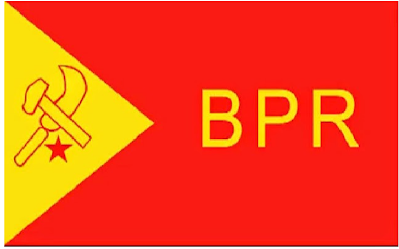







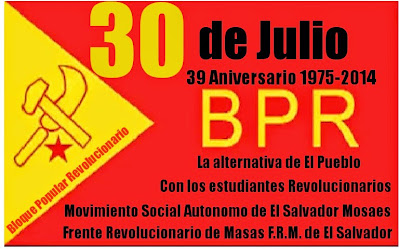







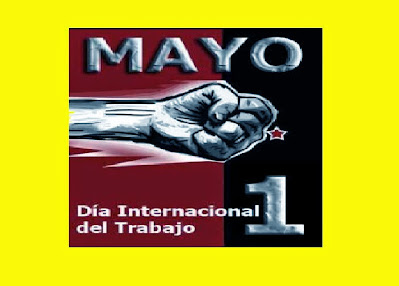

















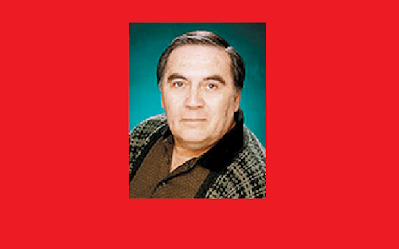























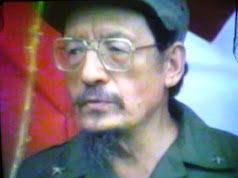






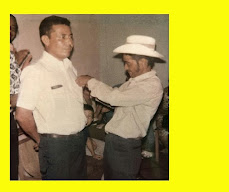









![Maestra Melida Anaya Montes [ Ana Maria ] Con la Fusion en el FMLN Traiciono al Proletariado](https://blogger.googleusercontent.com/img/b/R29vZ2xl/AVvXsEikV8GpE6suMbwZ8IUIxhKmoKOikk8PLBIBlEN45EGHAFpQkgkYEMYD_wlYn-zI7QBw2PkizM7cKvqFwjoRB-1Zd6Jm-o-P3vUxi2XXAUMRUXdroqKkLRMmDJFJejYo2z3pDCCzqB_sEGOS/s229/ana.jpg)




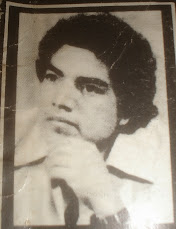






































![36 años de impunidad en asesinato de Andres Torres Sanchez [ Toño ]](https://blogger.googleusercontent.com/img/b/R29vZ2xl/AVvXsEhL9FwGvdbrHK3CdPL0T8T00yob7kMxKL77zdygFzZgNixrp6UTRdTB8nycjJncxydFSetDobD06RdlpodaTHPWbHkYWfX7T7pemZagNoJqFKgtqPTDaGis1oGfjxqXBzK6noVMy5x1EaaF/s238/mis+fotografias+el+salvador+tono.jpg)















No hay comentarios:
Publicar un comentario